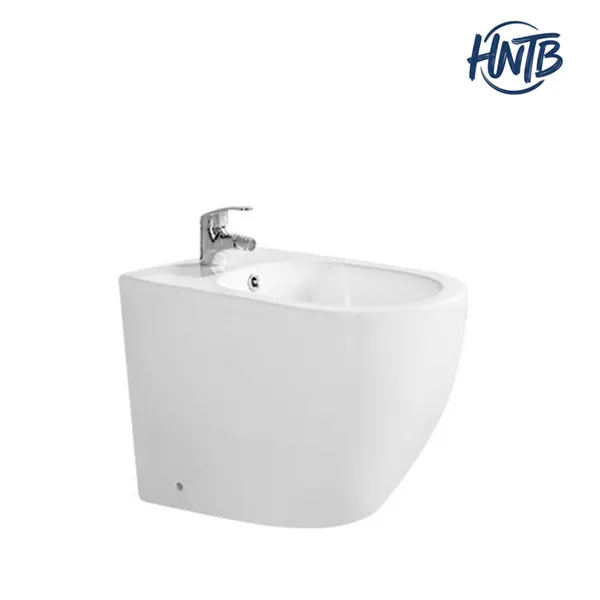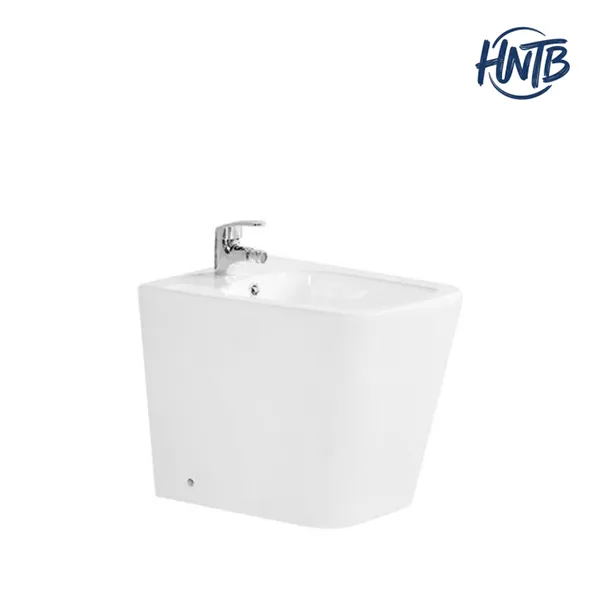Luoyang, China sanitaryware_china@163.com+86 18937910290
A bidet is a bathroom fixture designed for washing the genital and anal areas after using the toilet. It helps improve personal hygiene and reduce the use of toilet paper.

Using a bidet correctly is easy once you understand the basic steps. Here's a clear, step-by-step guide:
Use the toilet first. Bidets are for cleaning after you've used the toilet (they do not replace it).
Adjust your clothing. Make sure you're positioned comfortably and your lower half is exposed.
1. Position Yourself
If it’s a built-in bidet (toilet combo): Stay seated.
If it’s a standalone bidet: Sit or straddle it facing the controls (either forward or backward—your preference).
2. Turn On the Water
Start slowly! Turn on the water to a gentle pressure.
Adjust temperature if available—test it with your hand first to avoid burns.
3. Aim the Stream
Aim the water stream at the area you want to clean (front or back).
Use the controls or shift your position for proper aim.
4. Clean Thoroughly
Let the water do most of the work. You can gently use your hand if needed (some people use mild, unscented soap, but this is optional and not always recommended for sensitive areas).
5. Dry Off
Use toilet paper or a towel (some bidets have built-in dryers).
Pat dry—don’t rub, especially in sensitive areas.

✅ Hygiene Tips
Always wash your hands after using the bidet.
Clean the bidet nozzle regularly, especially if it’s shared.
Bonus: Types of Bidets
Handheld sprayer (shattaf): Common in Asia/Middle East; hold and aim manually.
Electric bidet seat: Features like heated seats, adjustable pressure, and air dryer.
Portable travel bidet: A squeeze bottle with a spout—great for travel or camping.
Bidets are gaining popularity worldwide, especially in countries like Japan, South Korea, and increasingly in North America and Europe. They are valued for promoting better personal hygiene, reducing toilet paper waste, and offering a more comfortable bathroom experience, especially for individuals with sensitive skin or mobility issues.